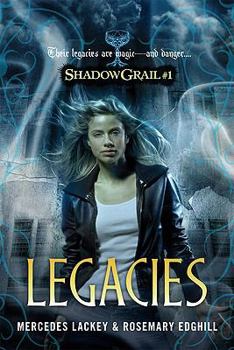Book Overview
Customer Reviews
Rated 5 starsMind-Candy
I notice I tend to just not review books I don't enjoy. I now look for Patricia Briggs. She is an excellent story-teller. I have to say mind-candy but this is chocolate. I don't have any strong desire to re-read her books. But I do wish to see more of her characters. I read fantasy to relax/escape - I don't want things to be too realistic. These stories have real sensible people and events that are horrendous as well...
0Report
Rated 5 starsExcellent book - Excellent sequel - stupid picture
Another great book - this lady can write - Where is # 3?
0Report
Rated 5 starsAmazing Ward
The sequel to 'Dragon Bones' is every bit as good as that exceptional book. It's 4 years after the events of Dragon Bones, and the five kingdoms have been putting themselves back together, especially Hurog Keep and it's guardian Wardwick. Now twenty three, Ward is content rebuilding his home, and practising the magic binding him, the land and his people together.But the High King has determined that four years have dulled...
0Report
Rated 5 starsfanciful adult fairy tale
The keep of Hurog was torn asunder by magic in order to save it. Now Ward, the lord of Hurog, is seeing to the task of rebuilding the land. His closest friend is Oreg, half dragon and half man, comfortable in either form. They are content to stay in the holding and not have anything further to do with the evil High King Jakoven or the intrigues of the court.Unfortunately, Jakoven wants Hurog, a land steeped in magic and...
0Report
Rated 5 starsExcellent sequel
If you've read Dragon Bones and enjoyed it, you will love this sequel. This book furthers the tale of Wardwick, the Hurogs as a family, and Hurog as a land. This is a tale of the Five Kingdoms and its politics, and how they all affect Hurog (in the aspects of Ward, the family, and the land). Many sequels do not live up to the first in a series, but I was just as enthralled by this volume as I was with Dragon Bones. I do...
0Report






















